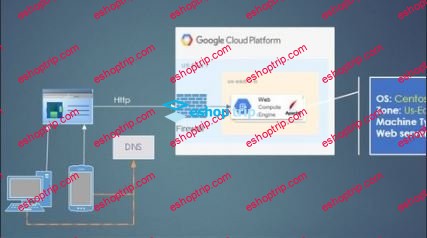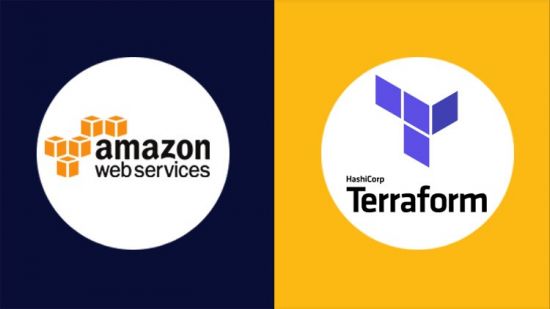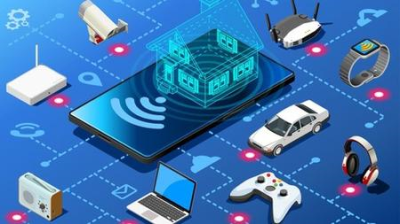Last updated 7/2020
MP4 | Video: h264, 1280×720 | Audio: AAC, 44.1 KHz
Language: English | Size: 428.97 MB | Duration: 1h 7m
HSDPA/HSUPA Technology
What you’ll learn
The students will gain
fundamentals of existing technologies
changes that were introduced in UMTS or 3G networks
in depth knowledge about HSPA concept
Air interface protocols and procedures.
SDPA/HSUPA technology, concepts used in technology, network architecture, channels , power, AMC, HARQ.
Requirements
No
Description
This course was constructed for making a clear understanding of HSPA-enhanced technology. HSPA (High-speed packet access) is the next generation of mobile network technology that includes High-Speed Downlink Packet Access (HSDPA) and High-Speed Uplink Packet Access (HSUPA). HSDPA (High Speed Downlink Packet Access) and HSUPA (High Speed Uplink Packet Access) provide speeds of upto 14Mbps downlink and 5Mbps uplink. This theory-based course provides an overview of the 3GPP R5 and R6 HSDPA/HSUPA standards and the technologies which are involved. The HSPA+ R7 enhancements are also coveredThis HSPA training will provide a great understanding of the HSDPA/HSUPA technology, architecture, and protocols. It covers important topics such as smartphone-related features, multi-carrier and multi-antenna operation, interface architecture, heterogeneous networks and HSPA system performance.HSPA basics : What is HSDPA, what is HSUPA, key features, system capacities, data rates, delays. Key concepts: Adaptive modulation and coding (AMC), QPSK, 16QAM, HARQ, MAC-hs, multiplexing, subframes.HSPA channel:Logical, transport, physical channels, dedicated vs. shared channels, HS-PDSCH, HS-SCCH, HS-DPCCH, code multiplexing, E-DCH, Enhanced DPCCH.MAC-architecture: Controlling HS-DSCH, flow control, buffering, priority queues, packet scheduling, fast packet scheduling, Selecting modulation and coding. HARQ: Packet retransmissions, Incremental redundancy, comparison with ARQ, TFRC. MAC-d, MAC-c/sh, MAC-hs, MAC-es, MAC-e.We will also discuss about the dynamic power allocation, Hybrid Automatic repeat Request (HARQ), power control and Link Adaptation.
Overview
Section 1: Part 1 : Overview
Lecture 1 Welcome to HSPA Technology
Lecture 2 HSPA Fundamental
Lecture 3 3GPP Releases
Lecture 4 HSPA Overview
Lecture 5 HSDPA : High Speed Downlink Packet Access
Lecture 6 HSDPA Principle
Lecture 7 Fast Hybrid Automatic Repeat Request
Lecture 8 Dynamic Power Allocation
Lecture 9 Adaptive Modulation and Coding (AMC)
Lecture 10 Turbo Coding
Lecture 11 Power Control and Link Adaptation
Section 2: Part 2 : Basics
Lecture 12 Scheduling
Lecture 13 Shared Channel Transmission
Lecture 14 Multi-Code Operation
Lecture 15 HSUPA : High Speed Uplink Packet Access
Lecture 16 HSUPA Principle
Lecture 17 Shorter Transmission Time Interval (TTI)
Lecture 18 NodeB Controlled Scheduling
Lecture 19 H – ARQ
Lecture 20 Comparison Between Release 99 and Release 6
Lecture 21 Fast Power Control
Section 3: Part 3 : Intermediate
Lecture 22 Channels and Layers
Lecture 23 Channels
Lecture 24 HSDPA Channels
Lecture 25 High Speed – Downlink Shared Channel (HS – DSCH)
Lecture 26 HSDPA Physical Channels
Lecture 27 HS – SCCH
Lecture 28 HS – PDSCH
Lecture 29 HS – DPCCH
Lecture 30 Associated DCH (DL & UL)
Lecture 31 Fractional DPCH : F – DPCH
Section 4: Part 4 : Advanced
Lecture 32 HSUPA Protocol Architecture
Lecture 33 HSUPA Channels
Lecture 34 Enhanced Dedicated Channel (E – DCH)
Lecture 35 E – DCH Transport Channel Processing
Lecture 36 E – DPDCH
Lecture 37 E – DPCCH
Lecture 38 E – DCH Absolute Grant DL Channel (E – AGCH)
Lecture 39 E – DCH Relative Grant DL Channel (E – RGCH)
Lecture 40 E – DCH HARQ Indicator DL Channel (E-HICH)
Lecture 41 Evolution Path
RF Engineers, Drive test engineers, Anyone working on 3G
HOMEPAGE
https://anonymz.com/?https://www.udemy.com/course/hspa-fundamentals/











Reviews
There are no reviews yet.